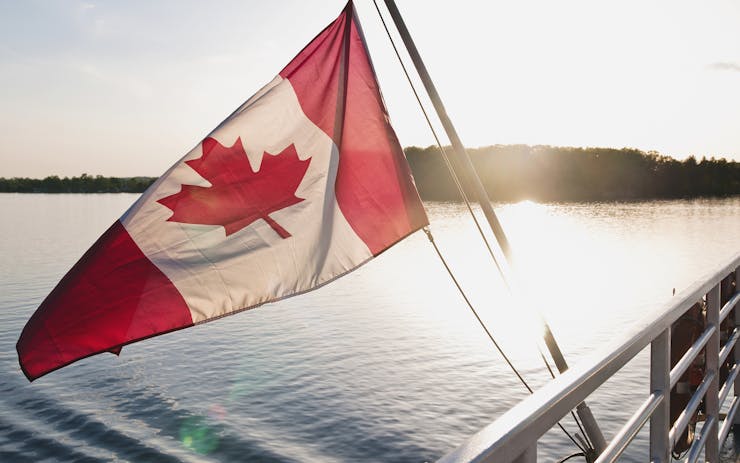CBC News reported earlier this evening that Canada’s Liberal government, led by Prime Minister Justin Trudeau, is expected to propose legislation in early April that will, if adopted, lead to the full adult-use legalization of cannabis by July 1, 2018.
“CBC News has learned that the legislation will be announced during the week of April 10 and will broadly follow the recommendation of a federally appointed task force that was chaired by former liberal Justice Minister Anne McLellan,” the news report stated.
The plan: federal legalization, for everyone 18 and older, by Canada Day 2018.
The network further reported that Bill Blair, the former Toronto police chief who has been leading the cannabis legalization project for Trudeau’s government, briefed the Liberal caucus on the roll-out plan and the legislation during caucus meetings this weekend.
Included in the recommendations is a separation of powers between the federal, provincial and municipal governments, which all will have a stake in the cannabis economy and the tax revenue it is expected to generate.
According to those briefed on the plan, the federal government will control the licensing of cannabis growers. Medical cannabis producers are currently licensed by Health Canada, and they distribute medicine to patients through the mail. Adult-use distribution systems–whether by mail, delivery, or in retail stores–will be established by the provinces, which will also possibly control a provincial cannabis tax.
Federal authorities will set a minimum purchasing and possession age of 18, but each province will have the ability to set a higher age limit if it so chooses.
There’s no word yet on whether existing medical cannabis dispensaries, which are not licensed, will be grandfathered into the new system or allowed to apply for federal and provincial licenses. Currently in Canada there are varying degrees of tolerance for storefront dispensaries, ranging from city-licensed dispensaries in cities such as Vancouver and Victoria to police cracking down on storefronts in Halifax, Toronto and Montreal.
Home Grow: Four Plants Per Household
The CBC report concludes by saying that Canadians will be allowed to grow up to four plants per household. This is significant, as law enforcement lobbied heavily against allowing any home cultivation at all, citing security, health and fire risks. Advocates in favor of home cultivation cited personal rights, and freedoms, and environmental impacts.
Under the proposed plan, federal legalization would kick in by July 1, 2018, but a legal retail market may take a bit longer to establish–because each province will have to create its own regulatory system before issuing licenses or permits to operate.
Once introduced, the legislation will go through the parliamentary process until it becomes law. The government anticipates this to occur by July 1st, 2018 which is coincidentally Canada Day, birthdate of Canadian confederation.
The Liberal Party of Canada adopted the legalization of cannabis in 2012 as a part of their party platform after it passed with the support of more than 70% of the delegates at a national convention in Ottawa. The policy was introduced by the Young Liberals of Canada/British Columbia. Justin Trudeau, during his campaign to become Prime Minister of Canada, spoke with conviction and continued commitment to this policy. If approved, Canada will be the first of the G7 nations to federally legalize and regulate the adult use of cannabis.





